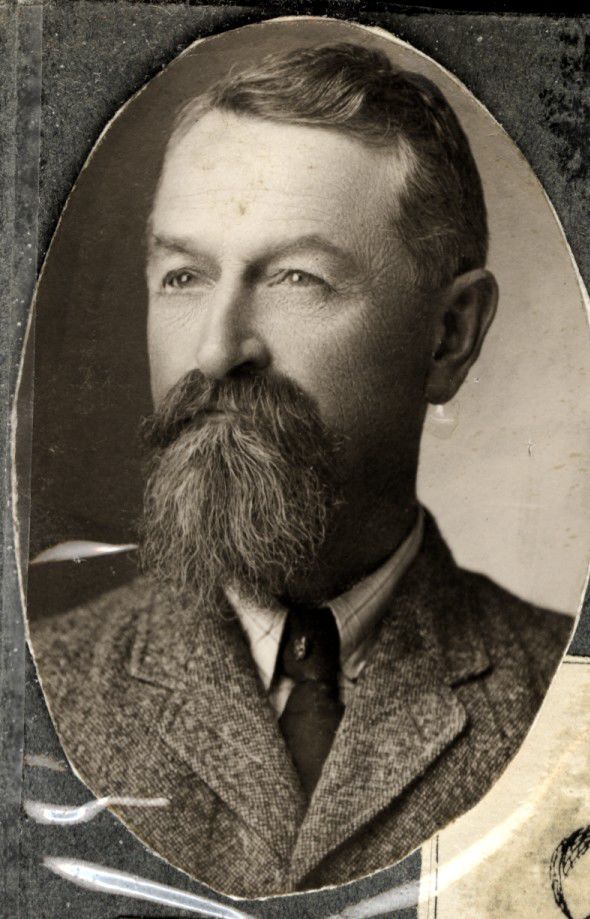The Dead Parrot Historical Society was formed on 8/19/6026
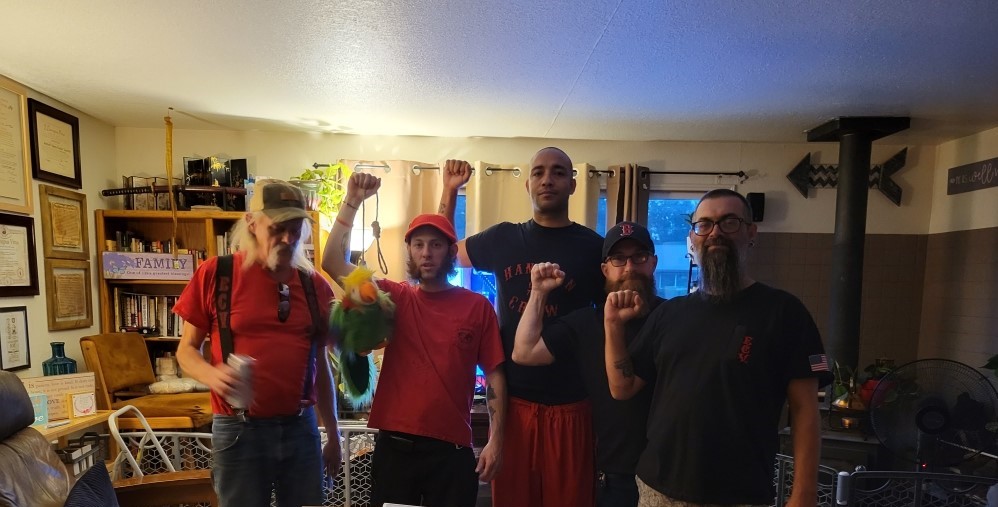

The Dead Parrot Historical Society was formed on 8/19/6026

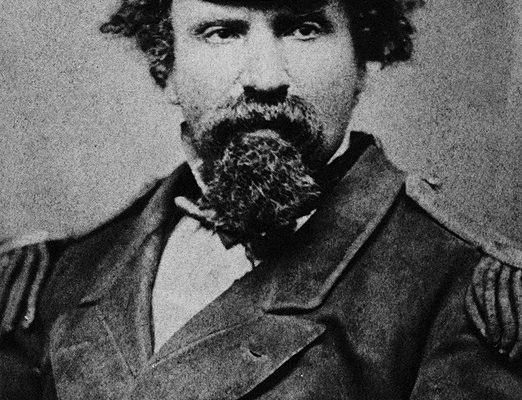
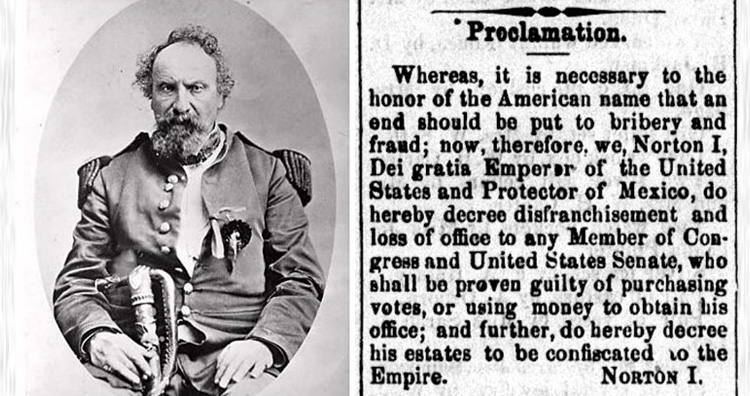
Whereas, it is necessary to the honor of the American name that an end should be put to bribery and fraud; now, therefore, we, Norton I, Dei gratia Emperor of the United States and Protector of Mexico, do hereby decree disfranchisement and loss of office to any Member of Congress and United State Senate, who shall be proven guilty of purchasing votes, or using money to obtain his office; and further, do hereby decree his estates to be confiscated to the Empire.
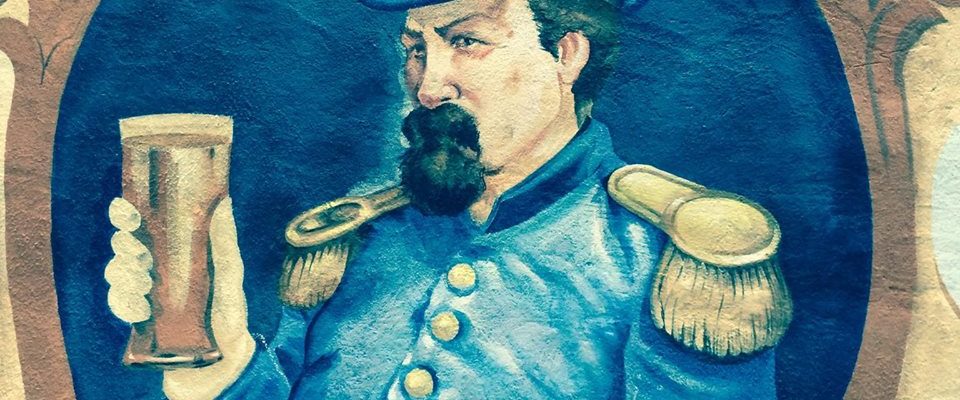
Emperor Norton I
Joshua Abraham Norton, known as Emperor Norton, was a resident of San Francisco, California, who in 1859 proclaimed himself “Norton I., Emperor of the United States”.
Have We an Emperor among us?
The world is full of queer people. This forenoon, a well-dressed and serious-looking man entered our office and quietly left the following document, which he respectfully requested we would examine and insert in the Bulletin. Promising him to look at it, he politely retired, without saying anything further. Here is the paper:
At the peremtory request of a large majority of the citizens of these United States, I, Joshua Norton, formerly of Algoa Bay, Cape of Good Hope, and now for the past nine years and ten months of San Francisco, California, declare and proclaim myself Emperor of these U.S., and in virtue of the authority thereby in me vested, do hereby order and direct the representatives of the different States of the Union to assemble in the Musical Hall of this city on the 1st day of February next, then and there to make such alterations in the existing laws of the Union as may ameliorate the evils under which the country is laboring, and thereby cause confidence to exist, both at home and abroad, in our stability and integrity.
Norton I., Emperor of the United States.

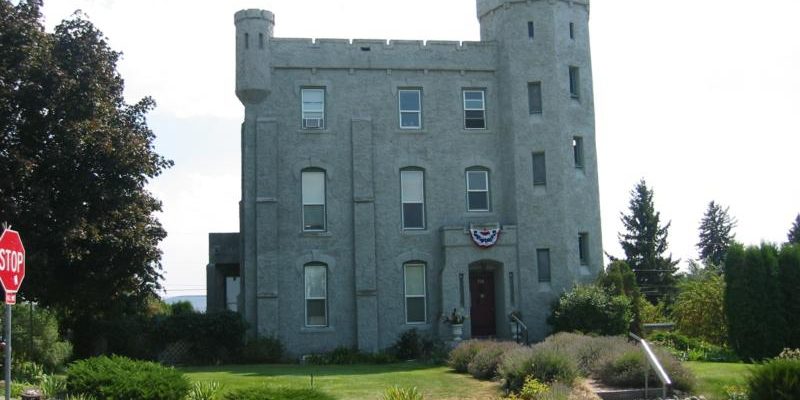
A Fine Governor’s Mansion
By April 1889 Brittain A. Craig (co-owner of the Capital Hill Water Works) and his brother Samuel Craig were building a prospective governor’s mansion in the recently designated Capital Hill neighborhood at the corner of Third Avenue and Chestnut Street. Northwest Magazine reported that “Mr. Craig is putting up the finest brick residence on Capitol Hill in plain view of the city and when somebody asked him the other day if that was the Governor’s mansion, he said it was. Whether some future governor of the state will reside there or not is an open question” (April 1889, p. 20).
This building was three stories with a four-story attached octagonal tower, 36 x 32 feet, and made of brick. Although its tower was slightly suggestive of a castle tower, the mansion’s eventual fate was probably beyond Brittain Craig’s imagination: In 1930 it was remodeled as an apartment house and given a fantasy castle theme complete with a crenellated roofline and battlements.
Ellensburg’s chief rivals for the capital were Olympia and North Yakima (now Yakima), although Waitsburg, Spokane Falls, Waterville, Pasco, Tacoma, and Walla Walla were all contenders.
An Ellensburg land speculation firm called Walters and Company pledged 40 acres as a site for a state house and public grounds and put money into a planned streetcar line connecting Ellensburg’s central business district and the Northern Pacific Depot with the planned Capital area and residential districts. North Yakima residents upped the ante, offering 50 acres of land overlooking the city and $10,000 to pay for moving the capital infrastructure from Olympia to North Yakima. They also placed a deed in escrow to show their good faith.
Narrow, Icy, Worse than King County
Sentiment in Seattle leaned toward keeping the capital in Olympia rather than across the Cascades in either Ellensburg or North Yakima. Newspapers across the state weighed in, with North Yakima and Ellensburg papers predictably taking the fiercest positions. The North Yakima newspaper The Washington Farmer published a blistering (and untrue) anti-Ellensburg tirade:
“There is but one point besides North Yakima that is in the race, and that is Ellensburg — which is twice as high above the sea as North Yakima, therefore it is cold and frosty. Ellensburg is in a valley so narrow it is practically a canyon, and through it sweeps the icy blasts from the snow towering mountains that make the locality one of the most disagreeable and unhealthy in the world — There is no possibility of any branch line of road ever being built from Ellensburg to any other point for the simple fact is that the surrounding rugged mountains form impossible barriers with no signs of a pass through them. The streets of Ellensburg are narrow without a hotel, or running water, and there is not a lawn, or a plot of grass, nor a garden in the village. There are five times as many saloons as North Yakima, and the court dockets show that the criminal classes prevail to a greater degree than they do in King County” (Smith, p. 249).
A Centralia newspaper sank so low as to claim that the name Ellensburg was not dignified enough for a capital city, adding that “no Nancyville or Susantown should be thought of for capital honors” (Smith, p. 249). The Spokane Falls Review sniffed that Centralia was on shaky ground criticizing Ellensburg for its name since Centralia was formerly known as Skookum Creek. And on it went.
The Great Ellensburg Fire
Austin Mires (1852-1936) and John Shoudy (1842-1901), both Kittitas County representatives to the Constitutional Convention, and Ellensburg mayor William Rollins Abrams (1848-1921) left Ellensburg for the state Constitutional Convention in Olympia in early July 1889.
On the evening of July 4, 1889, Ellensburg was consumed by flames. Mayor Abrams rushed back to oversee the deluge of aid that poured into the town and to marshal Ellensburg’s citizens into quick rebuilding efforts. Ellensburg’s active campaign to be named capital for the most part ground to a standstill as residents turned their attention to this more pressing task.
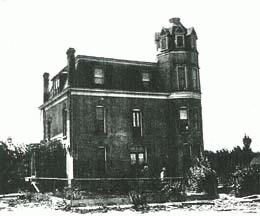

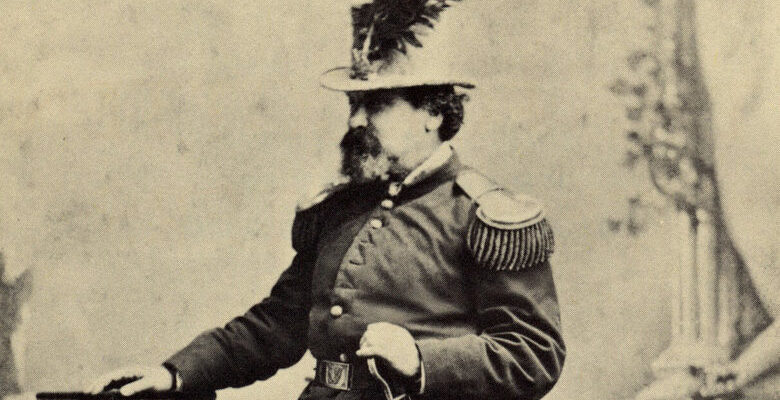
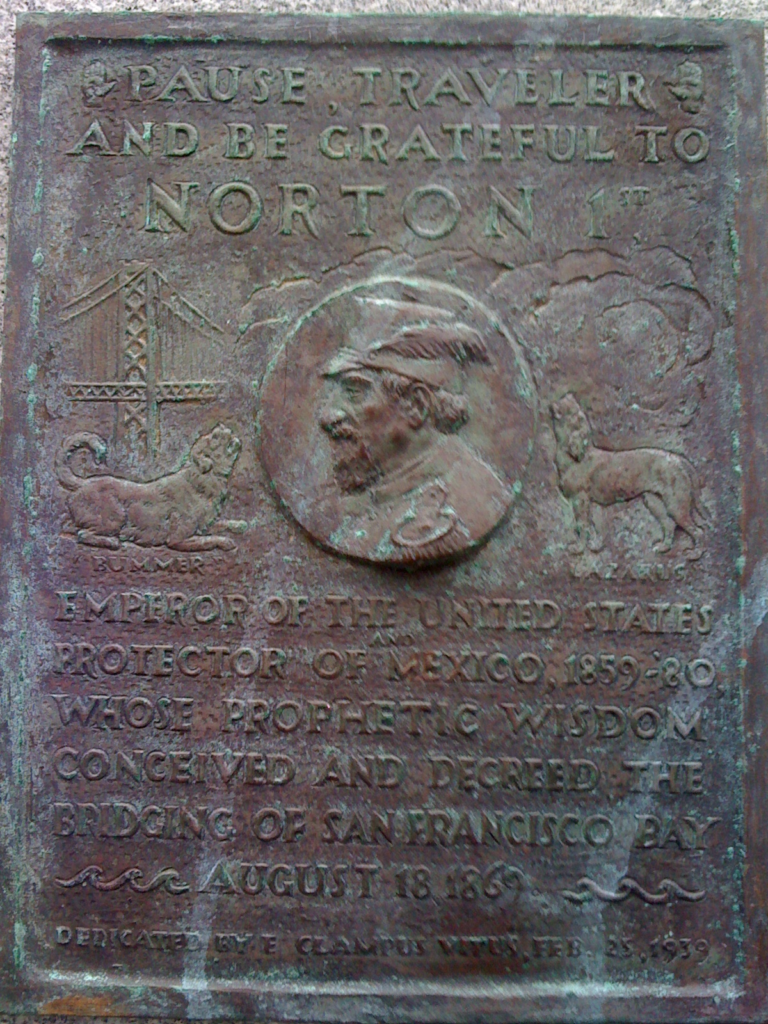
Whereas, we observe that certain newspapers are agitating the project of bridging the Bay; and whereas we are desirons of connecting the cities of San Francisco and Oakland by such means; now, therefore, we Norton I, Dei gratia Emperor, do hereby prohibit the Ravenswood scheme being carried into effect, and order that the bridge be built from Oakland Point to Telegraph Hill, via Goat Island.
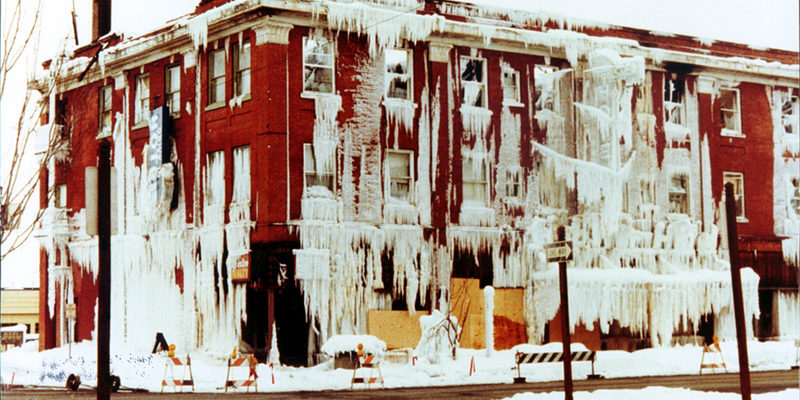
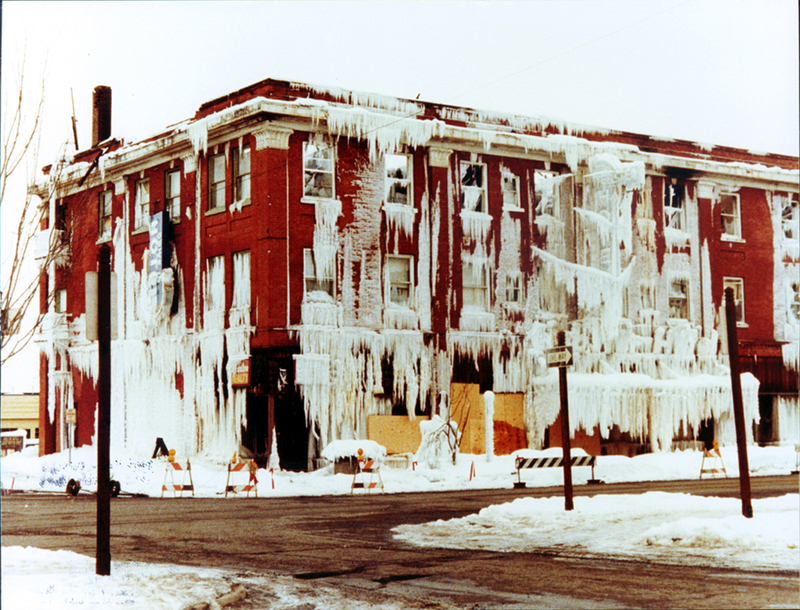
Built in 1909 for the Ellensburg Brewing and Malting Co., the original two story brick building was valued at $16,000. Located on the southwest corner of Third and Pearl Streets, it opened in November 1909 as the Majestic Hotel. The structure was renamed the St. Regis in 1913 when it was purchased by Fred Groger who added a third floor to the hotel. In 1937 William Webster purchased the hotel which was renamed the Webster Hotel.
The fire started on January 30, 1980 in a ground floor room which quickly spread through the entire hotel. Fighting the fire during below zero winter weather, firefighters soon encased the old hotel in ice. By the spring of 1980, the ruins of the completely destroyed building had to be removed.
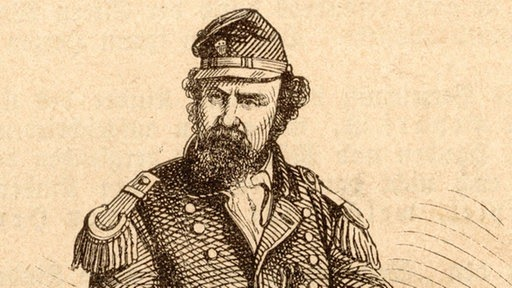
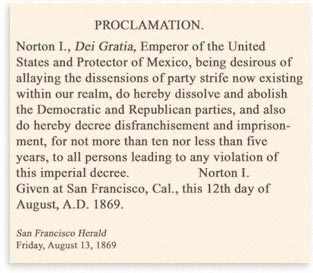
Norton I., Dei Gratia, Emperor of the United States and Protector of Mexico, being desirous of allaying the dissensions of party strife now existing within our realm, do hereby dissolve and abolish the Democratic and Republican parties, and also do hereby decree disfranchisement and imprisonment, for not more than ten nor less than five years, to all persons leading to any violation of this imperial decree.
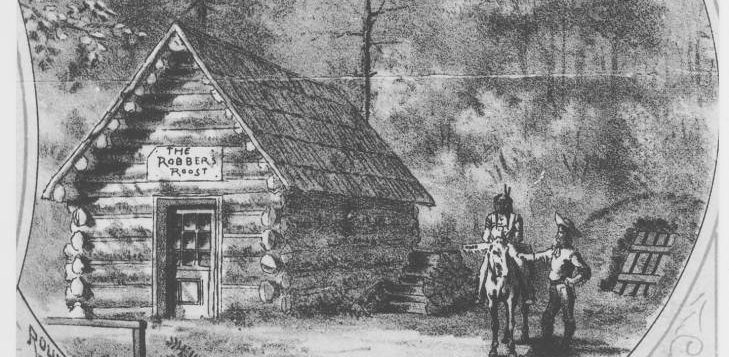
Andrew Jackson (A.J) Splawn – 7/30/1845 – 3/2/1917
Splawn, known both as A.J. and Jack, was born in Missouri on July 30, 1845. With his widowed mother, Nancy, and several siblings, he came west at age 6 on the Oregon Trail to the Willamette Valley.
At age 16 he hired out Major John Thorp and started from the Klickitat area with a herd of 2-year-old steers headed for the mining settlements in the Caribou country of upper British Columbia. It was an expedition of 800 miles, to the Lower Yakima Valley over the Konowac Pass to the Moxee Valley, over the Selah Ridge through the present Firing Range [Yakima Training Center] to Badger Pocket, over the Colockum Trail to the Wenatchee Valley and then following an old fur traders’ route to Fort Kamloops. At Cache Creek he was left alone with the herd during the winter of ’61-’62. The next spring, he and Thorp took the herd on to the Caribou country and sold the beef. This was one of the first cattle drives into Caribou country and was one of the reasons why Jack Splawn was elected to the National Cowboy Hall of Fame.
He and Ben Burch established the Robber’s Roost Trading Post, the first of its kind, in Kittitas County in 1870. In 1871, a man known as John A. Shoudy, and his wife, Mary Ellen Shoudy settled in the Kittitas Valley. Upon their arrival they purchased Robber’s Roost from Splawn. In 1883 Shoudy became the founder of Ellensburgh, which he named after his wife, Mary Ellen Shoudy. The post office changed the spelling of the town’s name to Ellensburg in 1894.
In the 1880s Splawn introduced into the Pacific Northwest the first purebred Hereford cattle imported from England and established the famous Springdale Ranch in Cowiche Valley.
In the early 1900s, Splawn, now living in Cowiche, got into politics. He was elected to the Washington State Senate, representing Yakima County from 1903 to 1905. The following year, he made an unsuccessful bid for governor on the Democratic ticket.
He joined with other businessmen in 1907 to establish the Yakima Valley Transportation Company, which provided trolley service in the city. Splawn, as the company’s president, took the controls on the trolley’s inaugural run on Dec. 24, 1907.
In 1911, he moved to North Yakima and became the first mayor under the new commission form of government. He served until 1915, and during his administration cleaned up the opium dens and got prostitutes out of the central part of the city. He then served as police chief for a year.

